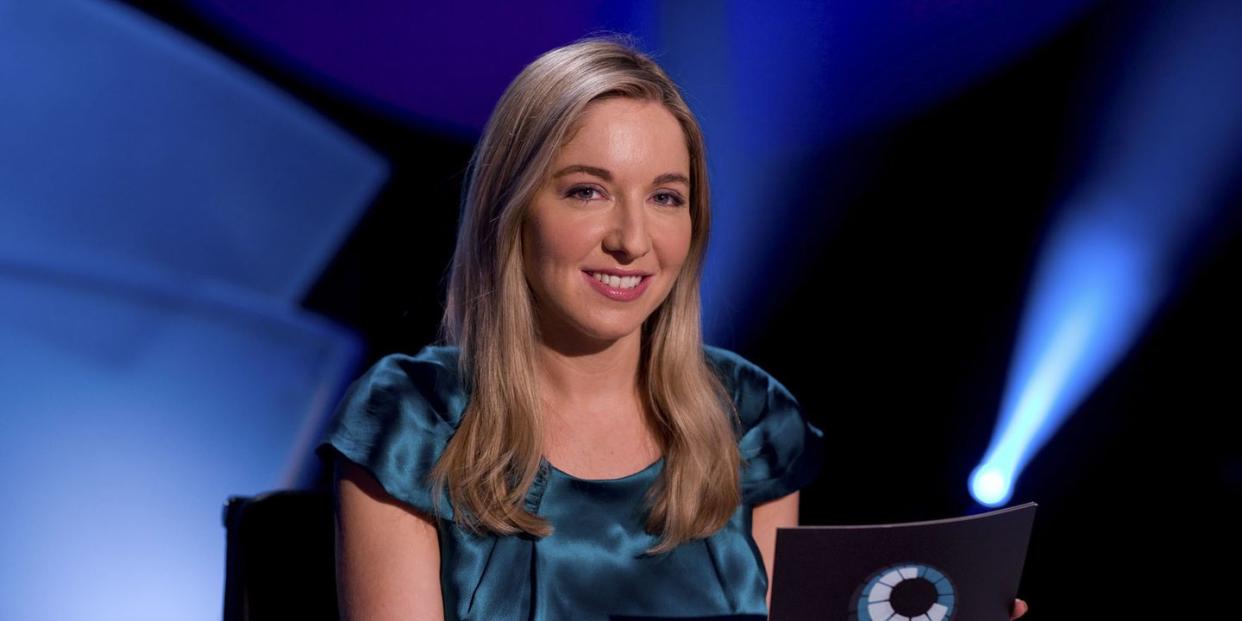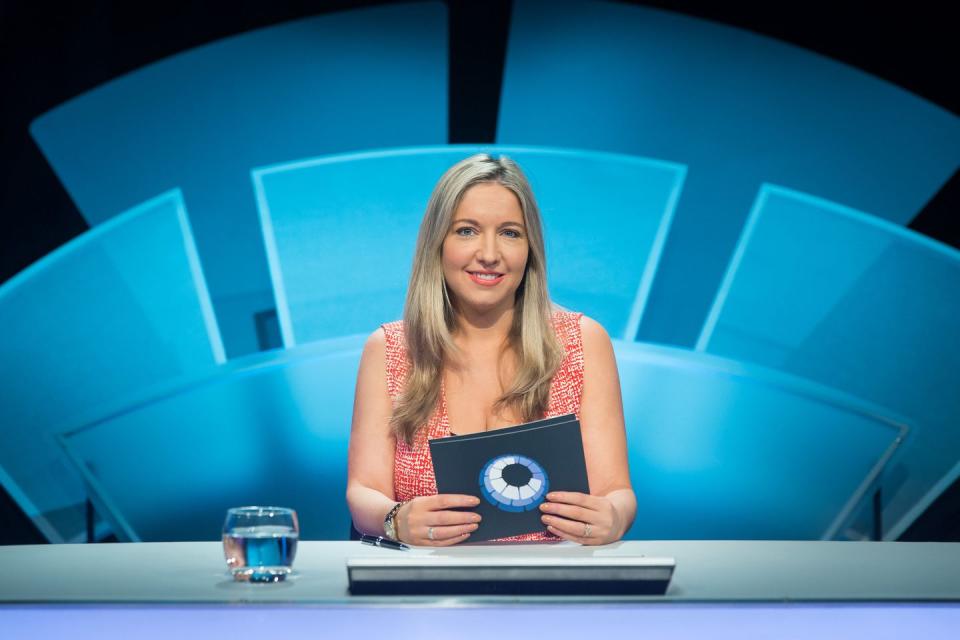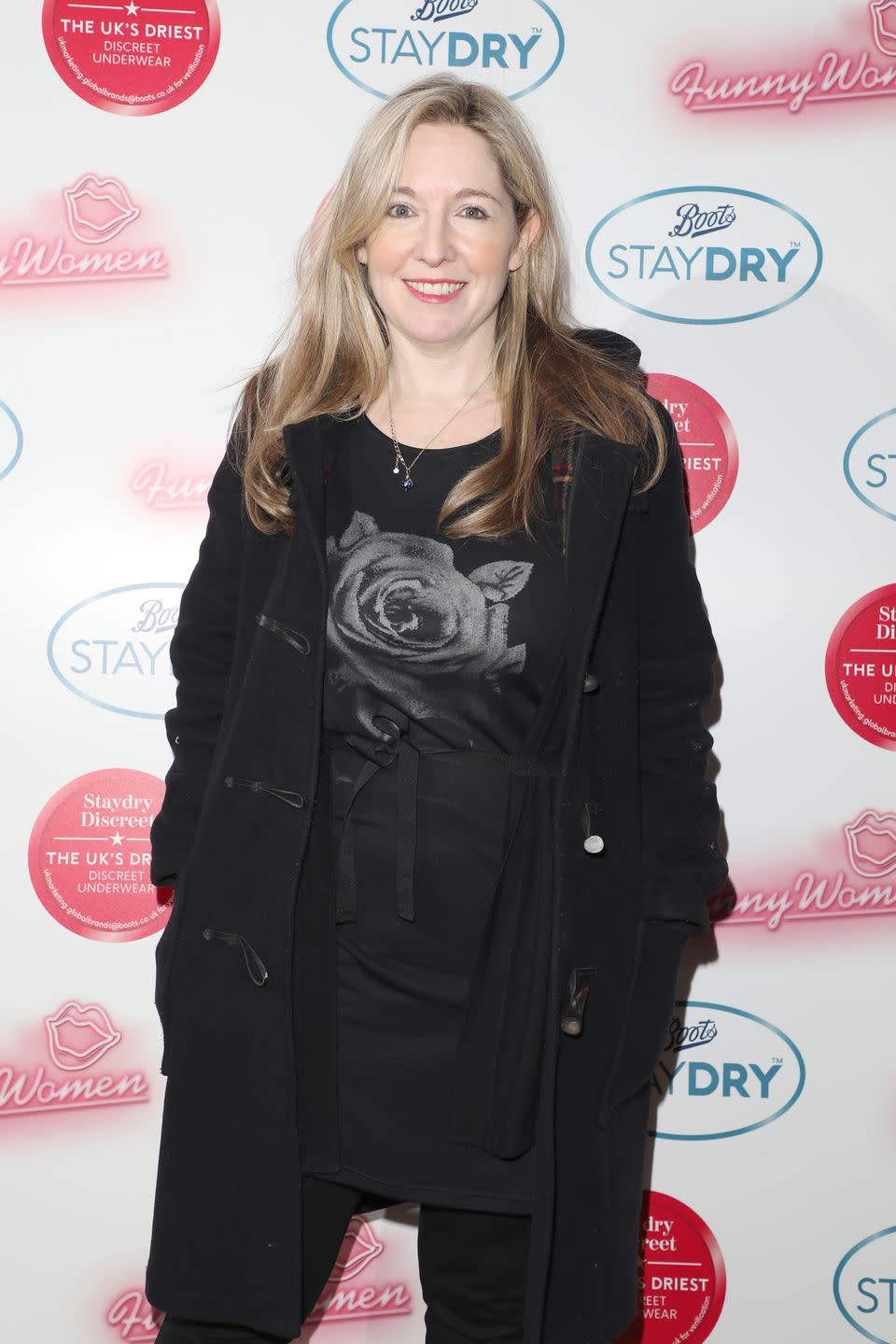Only Connect's scar controversy is damaging and offensive

Last week, the popular BBC 2 quiz show Only Connect shocked audiences when it connected the word “scars” with “stain” and “stigma” during the ‘Connecting Wall’ round of the game.
Airing on Monday November 28, the episode demonstrated an unacceptable display of the enduring stigma attached to scars and visible differences.
On the show, the Connecting Wall segment asks contestants to play a game of word association. Under the on-screen caption "marks of shame", the round offered four suggestions: stain, blot, stigma and scars.
Despite the increased awareness of body shaming and its devastating impact on people's self-esteem, scars remain stigmatized and are often depicted as embarrassing stains on bodies. The shame people attach to scars can wreck self-esteem and keeps people with visible differences confined to the shadows.

This casual use of stigmatising terminology only appeared on screen for a matter of minutes and may seem innocuous on the surface. However, the effects of associating scars with negative connotations on prime-time television should not be underestimated. It perpetuates harmful stereotypes, encourages the 'othering' of visibly different people and adds to the daily difficulties of living with one.
Shows like Only Connect, and the BBC itself, have a responsibility to ensure that their programming does not cause harm to any community, especially to those who are already marginalised.
The UK’s leading charity for people with visible differences, Changing Faces, and their volunteers and supporters have spoken out against the shocking TV moment.
A dedicated Changing Faces supporter and a regular viewer of Only Connect, Alison, from Yorkshire, was shocked by the association.
"As someone living with a visible difference, I was absolutely flabbergasted and completely shocked when I saw the show, as the BBC promotes itself as a diverse and inclusive organisation," she said.
"Everyday life is challenging enough for the visibly different community and the perpetuation of negative stereotypes like this just reinforces prejudice and discrimination against us. The terms and descriptions used on this Connecting Wall are a stark reminder of the barriers and issues we negotiate everyday."
Changing Faces has written to the BBC requesting an apology, offering their training services to prevent a similar incident from happening again.
"We were disappointed and saddened to see, in 2022, the use of such harmful language being used on a show aired by the BBC," said Heather Blake, Chief Executive of Changing Faces.

"Many people may acquire a scar in their lifetime — it could be following an accident or trauma, a cancer surgery, or even as a victim of a crime. There is absolutely nothing shameful about having a scar. What is a shame is that as a society we are still perpetuating the myth that there is something wrong or problematic with visible differences like scars."
In 2021, Changing Faces released research proving that people with scars and marks are still more likely to be represented on screen as a villain or 'baddie' than any other character. The charity’s research, carried out by Savanta ComRes, revealed that only one in five (20%) people with a visible difference have seen a character who looks like them cast as the hero in a film or on TV.
Three-quarters of those surveyed believe that while popular culture is becoming more inclusive, people with visible differences are being left behind. This lack of representation – and the negative connotations attached to having a visible difference – has a significant impact on people’s overall wellbeing.
A quarter of people with visible differences say lacking representation has affected their mental health, a third have low levels of confidence, and three in ten struggled with body image and low self-esteem.
Changing Faces ambassador Tulsi Vagjiani was also shocked by the programme’s editorial choices and is also calling for the BBC to issue an apology.
"I am a burns survivor, and my scars are nothing to be ashamed of," she said. "Words matter and positive representation matters, otherwise this outdated trope that scars and marks make someone inherently 'bad', 'evil' or 'shameful' will continue. We need organisations like the BBC to step up, apologise, own this mistake and commit to ending the use of language like that which we saw in Only Connect."
Only when media companies and their associated programmes take responsibility for perpetuating stereotypes will we see progress towards eliminating them. As a community, society must work on stripping away the shame associated with scars and teach people that they are, in fact, things of beauty, not marks of embarrassment.
Broadcaster and host of Only Connect, Victoria Coren Mitchell, responded to criticism of the show’s misstep via Twitter on December 8. As the host, she does not see the captions associated with the questions in advance of filming.
Hello! Here's a thing from me about an episode of Only Connect. pic.twitter.com/VnRHn1WwcP
— Victoria Coren Mitchell (@VictoriaCoren) December 7, 2022
"I totally see how the question-writer’s mind was working: they’re using a figurative meaning of 'scar', a low dictionary definition (as in, a scar on someone’s reputation etc)," she said.
"However, this opens the door to the ridiculous and awful idea that a literal, visual scar on the face or body of a person is somehow shameful. I hope anyone who’s ever watched our programme would know that this is the very opposite of what we would think; an idea utterly alien to our little universe and our value system [...]
"We're not meant to be people who use language lazily or fail to notice possible implications. I'm extremely embarrassed, personally, that the show made itself open to that kind of reading."
In response to the incident, Changing Faces has encouraged its supporters to share images and messages using the #NoShame to spread awareness of the need to detoxify society’s negative view of visible differences and scars.
Following a request for comment, the BBC said: "Questions and answers on Only Connect are devised using figurative association to get to the connected answer and no offence is ever intended. Having reflected on this particular question, we wouldn’t use such a term again and we’re deeply sorry for any upset caused."
Only Connect airs on BBC Two and is available to watch on iPlayer.
You Might Also Like

 Yahoo News
Yahoo News 
